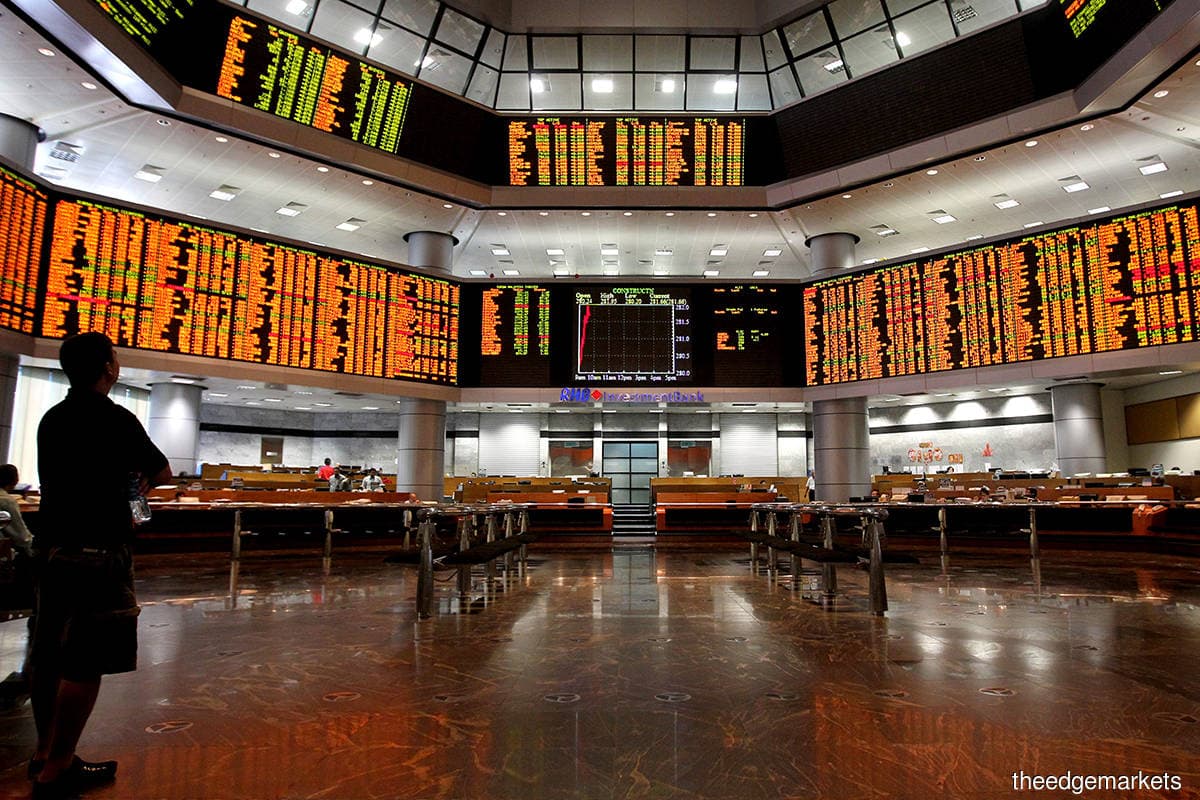
This article first appeared in The Edge Malaysia Weekly on March 1, 2021 - March 7, 2021
PROPOSED amendments to the public spread requirement will not affect trading liquidity, industry professionals say, and could spur more companies to list.
Currently, listing requirements state that listed issuers or applicants must have at least 25% of their shares in the hands of the public. However, listed companies that do not meet the minimum 25% public spread can apply to the stock exchange operator and regulator, Bursa Malaysia, for an extension of time to comply with the requirement.
With the amendments, the exchange said last week that it will now consider applications for a lower public spread for listed companies or applicants, based on a “balanced assessment” that includes both quantitative and qualitative criteria.
The quantitative and qualitative criteria for the amendments, which take effect from March 1, include “the appropriateness and rationale of the application, including if there is sufficiency of liquidity, orderliness of trading of the securities, good corporate governance conduct and compliance records of the listed issuer/applicant and its directors, as well as reasonable justification necessitating the lower public spread”, says the regulator.
Notably, an application for a lower public spread will only apply to listed companies with a market capitalisation of RM1 billion and above.
For companies with a market capitalisation of between RM1 billion and RM3 billion, the acceptable minimum public spread is 20%, and for those above RM3 billion, it is 15%.
Minority Shareholder Watch Group (MSWG) CEO Devanesan Evanson describes the amendments as “long overdue”.
“It is definitely a positive development for the market. The purpose of the public spread requirement is to ensure sufficient liquidity in a counter, that being the ability for an investor to get in and out of a counter without driving prices up or down unreasonably. There should also be enough buyers and sellers at any point of time with a reasonably low spread between the buy and sell bids.
“Thus, what we find is that some companies can achieve the required liquidity criteria with a shareholding spread of below 25%,” he observes.
One example highlighted by investment bankers is Mr DIY Group (M) Bhd, which listed last year at an approved lower public spread of 15%. The home improvement group sought an exemption from the required 25% public spread and was given the green light by regulators.
At that time, investment bankers said the move by the regulators was “unprecedented”.
Market experts believe the success of Mr DIY’s listing and the trading interest in the counter has probably shown the regulators that companies can be liquid even at a lower public spread.
Astramina Advisory managing director Wong Muh Rong says the relaxation is timely and in line with regional markets.
However, she is of the view that regulators should also consider lowering the threshold for companies that have a market capitalisation of below RM1 billion as smaller entities tend to need more help meeting the public spread.
An investment banker disagrees as he believes the risk of a company’s shares being cornered is greater when its market capitalisation is smaller.
Wong suggests that another way is to take a relook at the public spread. “Perhaps they can consider not just looking at the percentage of public spread of the market cap but also relook what constitutes public spread for the smaller listed companies.”
According to current regulations, directors of subsidiary companies or C-suite executives do not count as part of the public spread.
This has resulted in some problems for smaller companies as for a start, it is harder for them to secure key investors. Second, the pool of what constitutes public spread shareholders becomes smaller since listed companies provide shares to the directors of subsidiaries or C-suite executives as incentives, or as a way to retain talent.
“Some relaxation can be considered for this group of companies that have a market cap below RM1 billion,” Wong says.
From the perspective of shareholders, Devanesan opines that it will benefit them because companies can concentrate on business instead of worrying about meeting the 25% public spread and the threat of being delisted for not meeting that requirement.
One investment banker points out that it could also allow qualifying companies to think about embarking on an initial public offering (IPO) with a lower spread.
“Sometimes, shareholders do not need to raise that much cash from an IPO, so they might not want to have a 25% spread. So, this amendment will open up some consideration for potential companies to think about going for an IPO,” he adds.
Devanesan says Bursa will also benefit from the increase in the market capitalisation of the stock exchange, and that this would also create more offerings for investors to choose from, adding to the breadth and depth of the market.
Save by subscribing to us for your print and/or digital copy.
P/S: The Edge is also available on Apple's AppStore and Androids' Google Play.